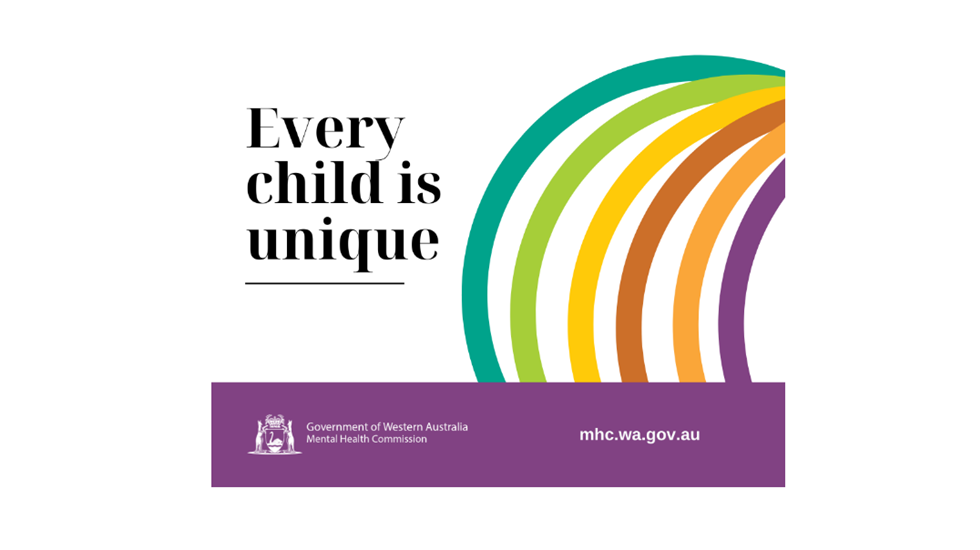Helping kids struggling with big gender issues
Dr Julia Moore from the Child and Adolescent Health Service (CAHS) has provided us with some tips on helping young people navigate questions and issues surrounding gender.
Dr Moore works with patients and families experiencing gender dysphoria at the CAHS Gender Diversity Service, and the service saw 239 young people from across Western Australia in 2019.
“Every child is unique,” Dr Moore said, “and it is helpful for parents to understand that it is perfectly normal for children of any sex to have interests, activities and friendships that do not conform to cultural ideas of ‘masculine’ or ‘feminine’ traits.”
Gender dysphoria is the term used when a person feels distress related to a difference between their gender and the sex they were assigned at birth. People struggling with their gender identity can experience depression and anxiety. On the other hand, many children and adolescents who are gender diverse are happy and healthy.
“Developing a strong support network is crucial and will often help to improve mental health,” Dr Moore said.
“A supportive family and positive school environment also allows the person to feel encouraged and affirmed in their identity.”
Tips for navigating gender issues with your child:
- Children can begin expressing their gender at a very early age and you may be surprised how it is expressed.
- Know that it is perfectly normal for children of any sex to have interests, activities and friendships that do not conform to ‘masculine’ or ‘feminine’ traits, or both or neither.
- Gender identity can develop and change over time – sometimes adolescents and young adults experience gender concerns which were not obvious in earlier childhood.
- Help your child to develop a strong support network.
- Provide a supportive family and positive school environment to enable your child to feel encouraged and affirmed in their identity.
- Most children do not need professional help regarding gender. Professional assistance is helpful if the child is in distress, or if the child or family feel there is a problem and seek help, or if there is a wish for medical treatment.
- If you need help for you or your child, speak to your GP in the first instance.
About the Gender Diversity Service
The Gender Diversity Service (GDS) was created in 2015 to address the gap in services available to young people in WA experiencing problems with their gender identity. The service is provided by CAHS at Perth Children’s Hospital and provides care to patients up to the age of 18. As well as assisting young people, the GDS also works with their parents and families. The GDS is able to provide information, support, consultation, assessment, and access to medical (hormonal) gender affirming treatments where appropriate and where the young person and family wish for this.
The service can also link patients with the necessary treatment for any other mental health issues they may be experiencing, which is why the service is part of CAHS. The service works with patients and families to assess their gender dysphoria and evaluate the appropriate pathways for support and treatment. The care options GDS provide are tailored to the needs of the individual.
To access the GDS, a GP, paediatrician, psychologist or other mental health professional can provide a referral directly to Perth Children’s Hospital.
For information regarding peer and parent support, the GDS team recommend visiting TransFolk of WA, Freedom Centre, Parents of Gender Diverse Children, and Transcend Support.
For help at school, the GDS team recommend Inclusive Education WA.

